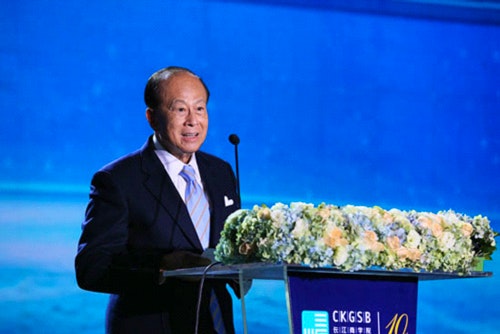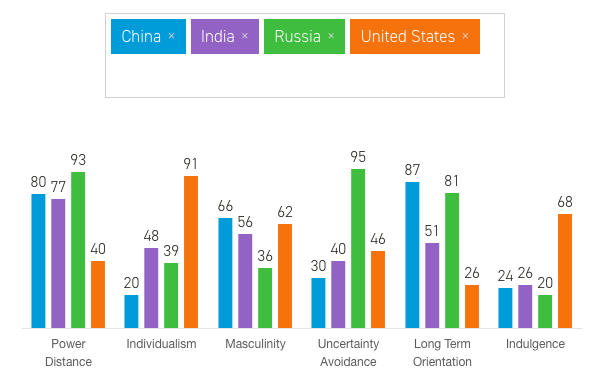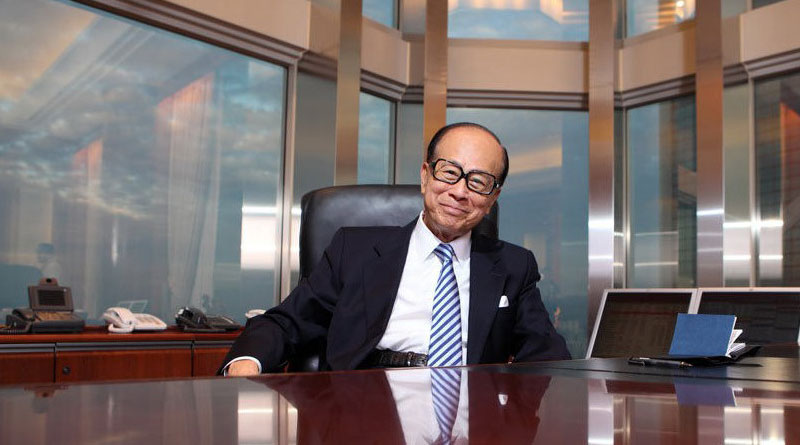One of the most important aspects to look at when choosing a business school is to understand the culture. For CKGSB one very important aspect of its culture is social responsibility, and this was one of driving forces behind the founding of CKGSB by Li Ka-Shing in 2002.
Li Ka-Shing is revered as one of the most influential businessmen in Asia. He is known for his many ventures in real estate, ports, infrastructure and most recently, buying the biggest pub and brewery chain group in the UK. His incredible rags to riches story continues to inspire young entrepreneurs to this day.
Li Ka-Shing is also known as “Superman Li”. Through the Li Ka Shing Foundation, he has contributed and pledged millions to universities, hospitals and rescue efforts across the world.
 In 2002, he founded the Cheung Kong Graduate School of Business (CKGSB), one of the top business schools in China. Today, CKGSB is sometimes referred to as “China’s elite business school.”
In 2002, he founded the Cheung Kong Graduate School of Business (CKGSB), one of the top business schools in China. Today, CKGSB is sometimes referred to as “China’s elite business school.”
Under Li Ka-Shing’s example, CKGSB strives to achieve excellence by cultivating future business leaders with a strong sense of social responsibility, humanistic spirit and innovative mindset. This ideal is embedded in CKGSB’s program structures, curriculum and philanthropic service.
Learn how CKGSB is continuing Li Ka-shing’s legacy of social responsibility!
Social responsibility as traditional Chinese value
Social responsibility means being accountable and upholding civic duty for the good of the whole society.
In China, social responsibility is deeply rooted in Chinese culture and has greatly influenced China’s national psychology and identity.
Here you can see a graph which shows the differences in culture between China, India, Russia and United States which is based on Hofstede Cultural Compass (source https://www.hofstede-insights.com/). Here you can see that China ranks as the least individualistic, and United States as the most individualistic.

Confucianism, in particular, has shaped the way of life and thinking of the Chinese people. In a Confucian society, collectivism is inherent and individualism is discouraged, which is more pronounced than many other cultures. To achieve societal harmony, it is essential to subject one’s own desires for the greater good of the group. In China, you are more defined by your relationship to the community and group.
This strong value of social responsibility is the very reason that CKGSB was founded, and plays a central part in the curriculum and culture of CKGSB.
According to Li Ka-Shing,
“While traditional Confucian philosophy stresses high moral standards, the majority of contemporary business management courses regard profitability as the main measure of success for corporations. However, true success requires a blending of value systems. An entrepreneur with a sense of mission should possess clear objectives that not only safeguard the best interests of the organization but also achieve success with integrity. Today’s leaders must nurture a corporate culture that promotes trust and respect, while, more importantly, building both personal and corporate credibility, an intangible value not found on the balance sheet, but perhaps a firm’s most valuable asset.”
How CKGSB is leading social responsibility in China

CKGSB is a strong proponent of leveraging the advantages of businesses and philanthropy to amplify each of their strengths.
The idea of using business as a way to address social problems is at the forefront of study at CKGSB. In fact, it is one of the first business schools in China to stress social responsibility in their programs and curriculum.
How exactly is CKGSB leading social responsibility in China?
- building a philanthropy platform that encourages students to be actively involved in NGOs that are linked to education, disaster relief, poverty alleviation, aiding the disabled community and environmental projects;
- complete 48-hours of community service before graduation;
- build a bridge between the east and the west on innovative philanthropic ideas and initiatives;
- first Chinese business school to develop a philanthropy course aimed at equipping the school’s alumni with expertise on setting up and managing foundations and engaging in philanthropy;
- CKGSB Foundation has raised over 50 million CNY and has carried out a series of public projects;
- implementing social innovations as a compulsory module and;
- offering full-tuition philanthropy scholarships.
CKGSB has won several awards such as the China Social Impact Award for “Poverty Alleviation” and Named a Finalist for “Women’s Empowerment” and “Employee Engagement”.
Social innovation is part of CKGSB’s DNA. This is one of the most distinct characteristics of the business school.
CKGSB Supporting the Community
Since the COVID-19 outbreak began in late December 2019, CKSGB has been providing non-stop support to different sectors of the community.
To date, CKGSB’s student and alumni community has been able to raise a total of over $573 million in cash donations and goods as well as thousands of Personal Protective Equipment (PPE). Most of these donations come from companies headed by CKGSB alumni—50% of whom are CEOs or chair people.
Alibaba founder Jack Ma, a notable CKGSB alumnus started an unrivalled campaign to deliver medical supplies to almost every country around the world.
About Cheung Kong Graduate School of Business

Cheung Kong Graduate School of Business (CKGSB) is China’s first independent, faculty-governed and non-profit business school. Founded in 2002 with support from the Li Ka Shing Foundation, CKGSB’s mission is to cultivate business leaders with a global vision, a humanistic spirit, a strong sense of social responsibility and an innovative mindset.
CKGSB has a campus in Beijing, teaching sites in Shanghai and Shenzhen, and representative offices in Hong Kong, London, and New York. The school offers innovative MBA, Finance MBA, Executive MBA, Business Scholars Program (DBA) and Executive Education programs.
Learn more about CKGSB here.
- Top 10 Ranked Chinese Universities - January 10, 2025
- China Scholarships – The 2025 Guide for International Students - December 30, 2024
- 9 Fascinating Things About Christmas In China - December 24, 2024

